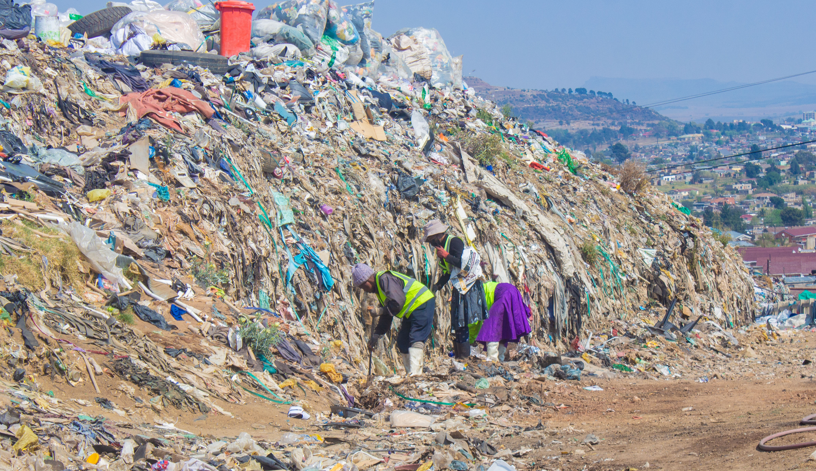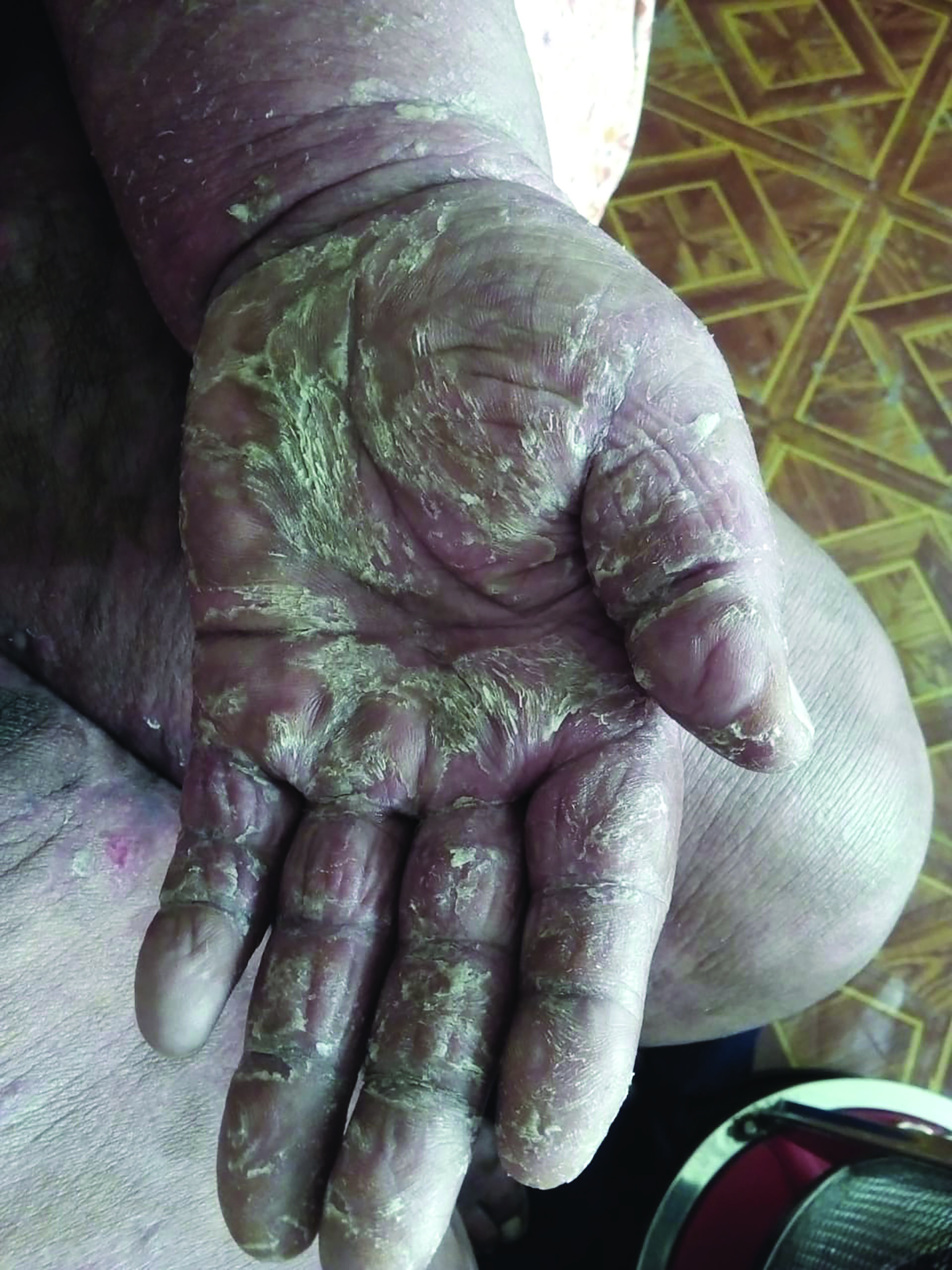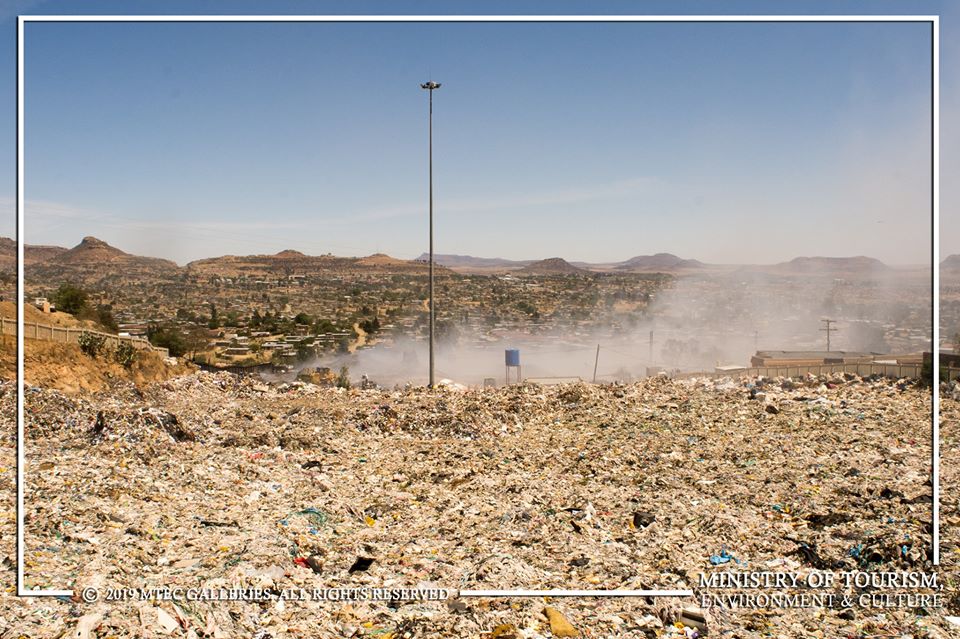The recent fire at the Ha Tšosane dumpsite is a stark reminder that the health and safety of Basotho cannot be taken lightly. Once again, residents are engulfed in thick, acrid smoke, exposing them to hazardous air pollution. For a community already grappling with the burden of non-communicable diseases (NCDs) and injuries, this environmental disaster presents yet another deadly risk.
Experts have long warned that air pollution exacerbates chronic illnesses, including lung disease, cardiovascular conditions, and cancer. It is alarming to consider that Basotho who are already vulnerable to health crises could now face additional, preventable threats from their immediate environment.
This incident is not an isolated case of misfortune, it reflects systemic neglect and inadequate governance in waste management. Ha Tšosane dumpsite has operated illegally for more than a decade, without an Environmental Impact Assessment (EIA), despite the Environment Act of 2008 mandating compliance.
The repeated fires, the stench, and the pollution are symptomatic of a broader failure to ensure that the capital’s waste is managed responsibly. Residents report not only health concerns but also social and economic costs, including trauma, reduced property values, and persistent anxiety.
While government officials, including Minister of Local Government Lebona Lephema, have pledged to relocate the site to Tšoeneng, progress remains painfully slow. Millions of maloti have been earmarked for this relocation, yet the community continues to suffer. Instead of seeing tangible results, residents are left facing recurring hazards, signaling that the funds and plans allocated are not being translated into meaningful action.
Promises, consultations, and repeated studies have replaced decisive action and left the community frustrated and at risk.
The stakes could not be higher. According to the World Health Organisation, millions of deaths worldwide, including 2.8 million in Africa, are linked to non-communicable diseases exacerbated by environmental pollution.
Air pollution is not just a nuisance, it is a lethal threat that directly impacts the well-being of families, particularly children, the elderly, and people with pre-existing health conditions. Basotho should not have to endure the compounded effects of poor health infrastructure and environmental neglect.
It is imperative that the government acts decisively and without further delay. A comprehensive Environmental Impact Assessment must be conducted immediately to evaluate the full scope of environmental and health damage caused by the dumpsite.
A fully funded clean-up strategy must follow, paired with the establishment of modern, sustainable waste management infrastructure that meets international best practices. Authorities must also ensure transparency and accountability in the use of allocated funds, so that resources are directed toward implementation rather than repeated studies or bureaucratic processes.
Every citizen has a right to a safe, clean, and healthy environment. The repeated fires at Ha Tšosane are a clarion call that cannot be ignored. The government must act now to prevent a public health disaster, safeguard communities, and uphold the rights of Basotho to live free from environmental hazards. Failure to do so risks not only lives but also public trust in the very institutions mandated to protect and serve the people.
Immediate, decisive, and transparent action is no longer optional, it is a moral and civic imperative.
Summary
- The recent fire at the Ha Tšosane dumpsite is a stark reminder that the health and safety of Basotho cannot be taken lightly.
- The repeated fires, the stench, and the pollution are symptomatic of a broader failure to ensure that the capital’s waste is managed responsibly.
- Air pollution is not just a nuisance, it is a lethal threat that directly impacts the well-being of families, particularly children, the elderly, and people with pre-existing health conditions.

Authored by our expert team of writers and editors, with thorough research.










